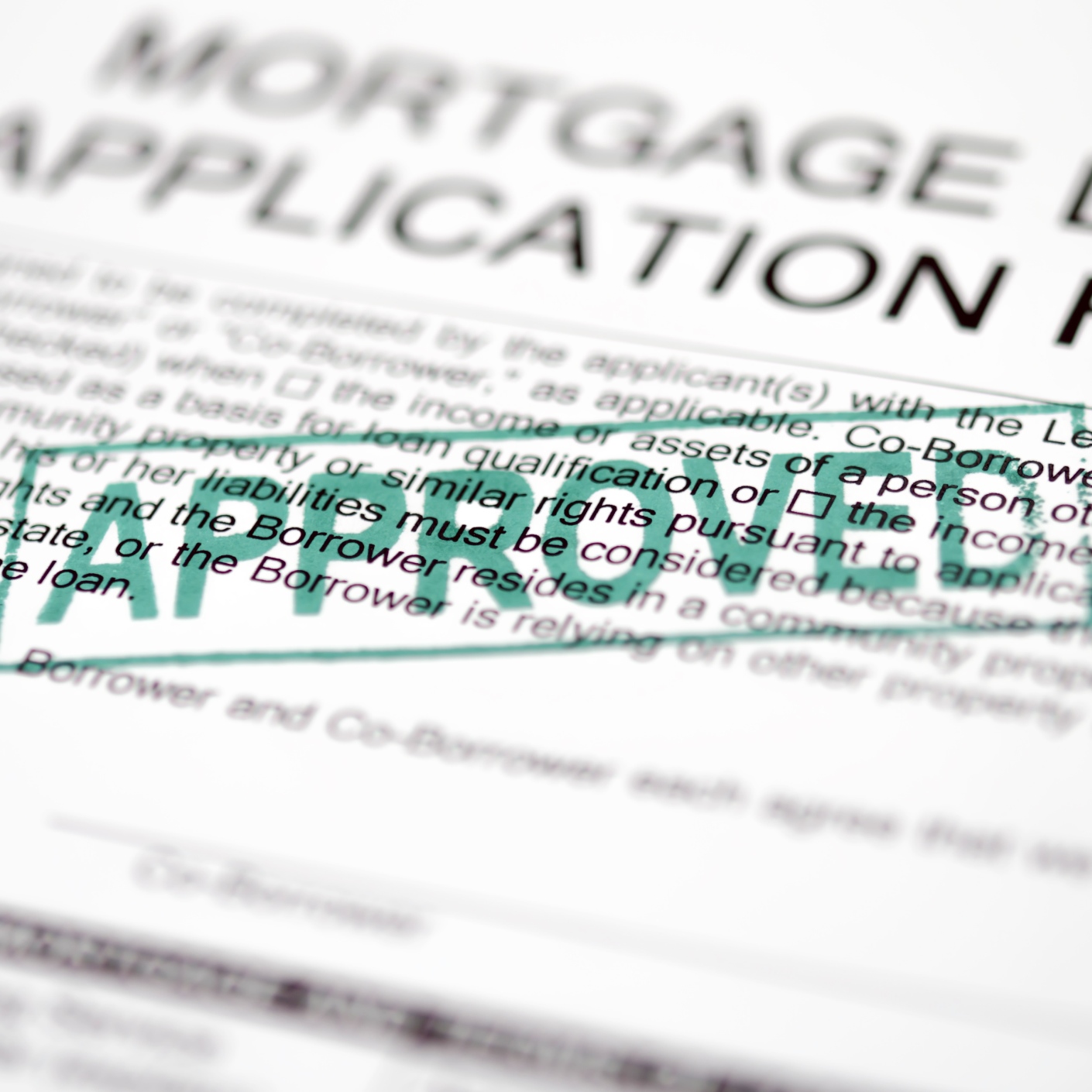Housing
Mortgage Loan Rates Turned Higher Last Week; Applications Fall

Published:
Last Updated:

The Mortgage Bankers Association (MBA) released its weekly report on mortgage applications Wednesday morning, noting a decrease of 7.4% in the group’s seasonally adjusted composite index for the week ending July 7. The week’s results included an adjustment for the Independence Day holiday. During the week, mortgage loan rates rose on four of five loan types that the MBA tracks.
On an unadjusted basis, the composite index decreased by 26% week over week. The seasonally adjusted purchase index decreased by 3% compared with the week ended July 7. The unadjusted purchase index decreased by 22% for the week and is now 3% higher year over year.
The MBA’s refinance index decreased by 13% week over week and the percentage of all new applications that were seeking refinancing dipped from 44.9% to 42.1%. The index fell to its lowest level since January.
Adjustable rate mortgage loans accounted for 6.7% of all applications, down from 7.2% in the prior week.
Mortgage loan rate movements have remained set within a very narrow range, right around their three-month highs, according to Mortgage News Daily. The most prevalent rate available on Tuesday for a 30-year fixed rate loan was 4.125% while a 15-year fixed rate loan was priced at 3.375%. Fed Chair Janet Yellen’s appearances before Congress this week and an announcement from the European Central Bank due next week could be the next catalysts for movement — up or down — in mortgage rates.
According to the MBA, last week’s average mortgage loan rate for a conforming 30-year fixed-rate mortgage rose from 4.20% to 4.22%. The rate for a jumbo 30-year fixed-rate mortgage rose from 4.10% to 4.19%. The average interest rate for a 15-year fixed-rate mortgage increased from 3.43% to 3.50%.
The contract interest rate for a 5/1 adjustable-rate mortgage loan slipped from 3.37% to 3.32%. Rates on a 30-year FHA-backed fixed-rate loan rose from 4.04% to 4.12%.
The average American spends $17,274 on debit cards a year, and it’s a HUGE mistake. First, debit cards don’t have the same fraud protections as credit cards. Once your money is gone, it’s gone. But more importantly you can actually get something back from this spending every time you swipe.
Issuers are handing out wild bonuses right now. With some you can earn up to 5% back on every purchase. That’s like getting a 5% discount on everything you buy!
Our top pick is kind of hard to imagine. Not only does it pay up to 5% back, it also includes a $200 cash back reward in the first six months, a 0% intro APR, and…. $0 annual fee. It’s quite literally free money for any one that uses a card regularly. Click here to learn more!
Flywheel Publishing has partnered with CardRatings to provide coverage of credit card products. Flywheel Publishing and CardRatings may receive a commission from card issuers.
Thank you for reading! Have some feedback for us?
Contact the 24/7 Wall St. editorial team.